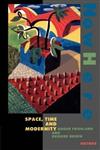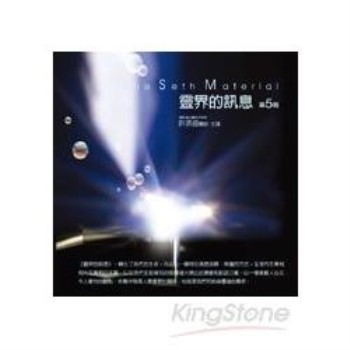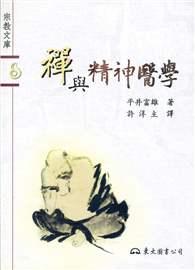The fall of the Berlin wall, the uprising at Tiananmen Square, the war in the Persian Gulf, the conflict in Bosnia--such events have been fundamentally affected by modern technology. As we become instant spectators of war, famine, and revolution, time and space assume new global meanings. This provocative volume presents an eclectic group of contributors who attempt to make sense of the "now" and the "here" that define the modern age.
The essays, by anthropologists, religionists, geographers, linguists, sociologists, and historians, explore the temporal and spatial facets of social life. Their range is remarkable and includes English landscape painting, talk in corporations, agoraphobic women, the ecological structure of Los Angeles, the cosmology of the Holocaust, and the ritual spaces of Buddhist Japan and the Church of the Holy Sepulchre in Jerusalem. The editors’ introduction addresses the diversity of these empirical concerns and positions them within a rapidly expanding theoretical landscape.
David Hockney’s striking painting on the book jacket captures the tension between somewhere and everywhere, between space and place, now and just a moment ago--hence "nowhere" or "now/here."
| FindBook |
有 1 項符合
Nowhere: Space, Time and Modernity的圖書 |
 |
NowHere : Space, Time, and Modernity 作者:Roger Friedland 出版社:N/A 出版日期:1995-01-12 語言:原文書 |
| 圖書選購 |
| 型式 | 價格 | 供應商 | 所屬目錄 | 二手書 |
$ 510 |
二手中文書 |
|---|
| 圖書館借閱 |
| 國家圖書館 | 全國圖書書目資訊網 | 國立公共資訊圖書館 | 電子書服務平台 | MetaCat 跨館整合查詢 |
| 臺北市立圖書館 | 新北市立圖書館 | 基隆市公共圖書館 | 桃園市立圖書館 | 新竹縣公共圖書館 |
| 苗栗縣立圖書館 | 臺中市立圖書館 | 彰化縣公共圖書館 | 南投縣文化局 | 雲林縣公共圖書館 |
| 嘉義縣圖書館 | 臺南市立圖書館 | 高雄市立圖書館 | 屏東縣公共圖書館 | 宜蘭縣公共圖書館 |
| 花蓮縣文化局 | 臺東縣文化處 |
|
|
圖書介紹 - 資料來源:博客來 評分:
圖書名稱:Nowhere: Space, Time and Modernity
內容簡介
作者簡介
Roger Friedland is Professor of Sociology at the University of California, Santa Barbara. His most recent book is To Rule Jerusalem: The Profane Politics of a Sacred Place, with Richard Hecht (1993). Deirdre Boden is Lecturer in Sociology at Lancaster University in England and the author of Talk and Social Structure (California, 1991).
|











